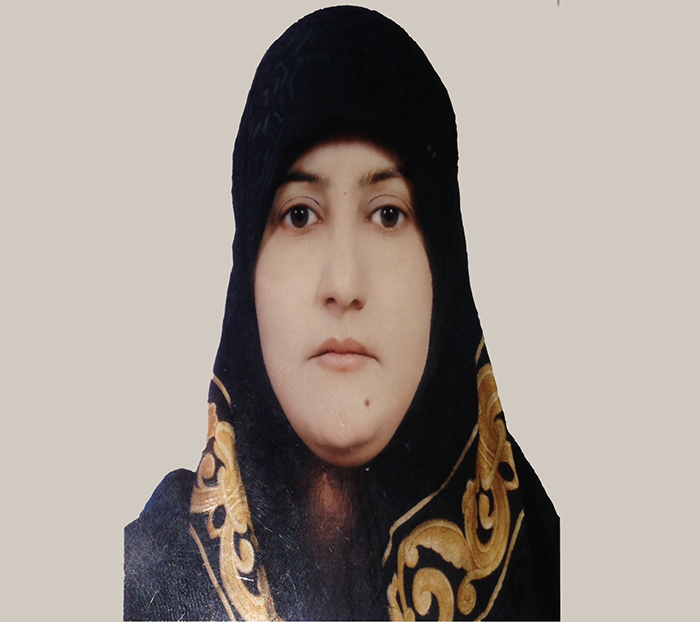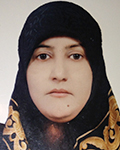We’re taking time over the following weeks to get to know the members of the GSA’s Early Career Scientist Committees. Join us every week to learn more about our early career scientist advocates.
Narjes Alfuraiji
Communication and Outreach Subcommittee
University of Manchester
Research Interest
Aspergillus fumigatus is a filamentous fungi and a fatal pathogen responsible for the disease aspergillosis. Annually, more than 300,000 patients develop aspergillosis with mortality around fifty percent with treatment and ninety percent without. Unfortunately, there are few treatment options available and some of them are associated with toxicity or resistance. I work to identify and classify protein kinases (PKs) in A. fumigatus. PKs constitute one of the major drug targets of the twenty-first century since many PK inhibitors and activators have been approved to treat human disease—including cancer. However, no work has been undertaken to understand how to use PKs in fungi as drug targets. Understanding this mechanism may overcome the toxicity and resistance problems found in some drugs.
I generated a library of 90 PK knockout strains using high throughput fusion PCR and identified twenty-five genes essential for survival; this suggests they may be valuable antifungal drug targets. We used Galleria mellonella to model infection, combined with barcoding sequencing to conduct a parallel fitness analysis and thus identify PK mutants with reduced fitness. These kinases have less than forty percent similarity to the kinases found in humans, making them good candidates for antifungal drug targets. Less similarity with human kinases means more specificity for killing fungal cells—and reduced toxicity for humans. By continuing this project, we hope to identify a valuable antifungal target that can used to explore new antifungal drugs. Since the emergence of resistance to current antifungal drugs, this exploration is of critical importance.
As a PhD–trained scientist, you have many career options. What career paths interest you the most?
A research-intensive career in either academia or industry would be a good fit for my interests and experience. I am quite interested in drug discovery, high-throughput gene deletion, and library screening. My experience as a researcher in pharmacology and molecular biology has provided me the skills necessary to analyze big data sets, which is quite advantageous given the scale at which data is being acquired. I have enjoyed the opportunity to work within the higher education section in a school of medicine in Iraq for eleven years.
In addition to your research, how else do you want to advance the scientific enterprise?
I’ve worked on the DelPHE program, which was initiated and supported by the British Council in Baghdad, Iraq to develop higher education, which has been affected by stagnation due to war. DelPHE aims to enrich Iraqi universities by providing continuous professional training to the academic staff. In partnership with UK universities, I submitted applications for two different projects. The first project was submitted in partnership with De-Montfort University to provide eleven academic staff with initial training in forensic sciences, followed by the establishment of a centre of excellence in forensic sciences. It was an urgent need for our institute and for the Iraqi community as it will help in crime scene investigations. The other project was in partnership with the University of West of Scotland, and it aimed to train academic staff in Problem Based Learning, which is a teaching technique shown to enhance learning in the classroom. This is a continuous professional program designed to help educators keep up with the advancements in teaching compared to more traditional teaching techniques.
As a leader within the Genetics Society of America, what do you hope to accomplish?
I am looking forward to supporting early career scientists, whether through training or scientific workshops to enrich their knowledge. I also want to reduce the obstacles that face scientists—especially women. Networking and active communication with our community is essential to support early career scientists and to provide them with continuous professional development support. With my colleagues on the Communication and Outreach Subcommittee, I will be working to highlight discoveries made using model organisms to explain how they have influenced major changes in science. We will compile these stories into blog posts and infographics to share with other geneticists and the public.
Previous leadership experience:
- Project Lead — DelPHE-Iraq program
- Postgraduate Representative — University of Manchester
Contact
































